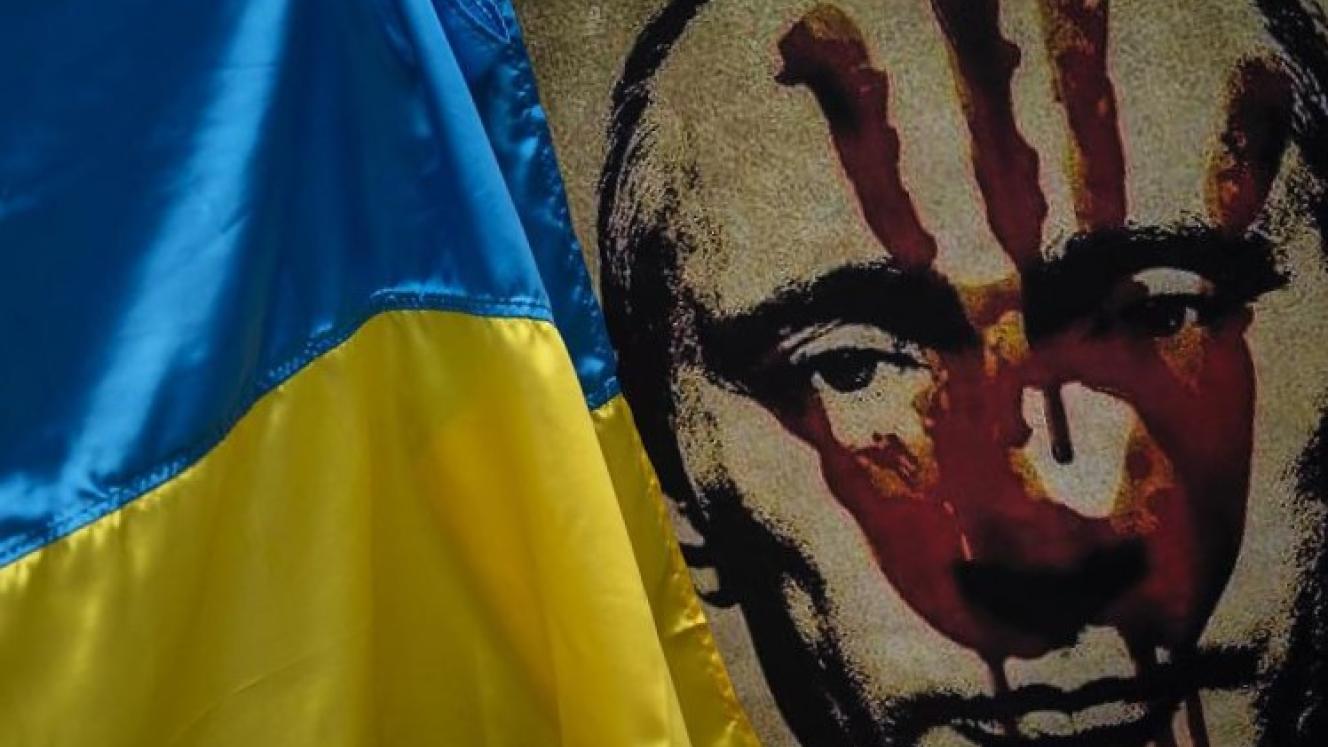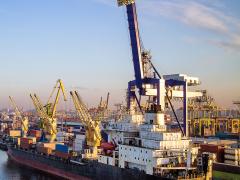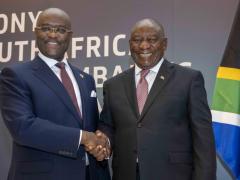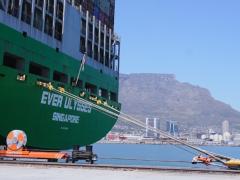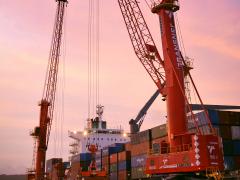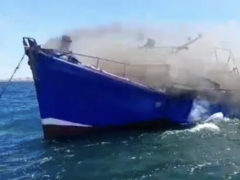Global consumers are shunning Russian gas and liquid natural gas (LNG) in response to the war in Ukraine, driving gas and coal prices higher as short-term energy security and reliability now take precedence over renewable energy transition priorities.
Rystad Energy senior analyst, Kaushal Ramesh said “increasing market panic” had led to the Title Transfer Facility (TTF), which is the virtual trading point for natural gas in the Netherlands, to begin the day testing the €200/MWh level, which is the equivalent of $67 per Metric Million British Thermal Unit (Mmbtu) threshold on Thursday. However, this later dropped to $54/Mmbtu.
“Coal prices have also surged by 81% since March 1 as countries look for alternative power generation fuels,” he said.
He said the coal price surge was driven by a combination of railing constraints in Russia, and traders rushing to reduce exposure to Russian coal to mitigate the looming risk of further sanctions.
“Asian coal prices have followed suit, due to potential demand for Asia-Pacific Basin coal to replace Russian supplies amidst an already regional market,” he said.
However, despite the rising anti-Russian gas sentiment, day-on-day flows of LNG from Russia have remained largely unchanged.
"Export infrastructure through Ukraine remains intact, though airstrikes have damaged some city gas infrastructure near Kharkiv. Fundamental drivers have by now taken a back seat in driving prices. Norwegian gas exports are stable,” he said.
However, Ramesh said LNG import figures were concerning.
“Lithuania has banned Russian LNG from its terminals, and similar measures are under consideration in other EU countries. Lithuania had imported 0.32 million tonnes from Russia in 2021, making up 26.4% of its 1.2 million tonne LNG import,” he said.
“The arbitrage signal for marginal cargoes in the Atlantic is heavily slanted to Europe, as Asian buyers may be unwilling to replicate the price surge on the TTF beyond a notional $50/Mmbtu,” Ramesh said.
“For Europe, prices materially above this level may trigger further industrial demand destruction, and it is unclear how much momentum the bullish sentiment has left.”
He said concerns about further sanctions had made traders hesitant to commit to purchases of Russian LNG cargo.
“In the latest indication of the invasion having upended energy transition efforts in Western Europe, Germany has set aside $1.7 billion to purchase LNG from outside Russia as part of its energy supply diversification plans, indicating that countries may prioritise energy security over emissions concerns in the near term,” Ramesh said.
